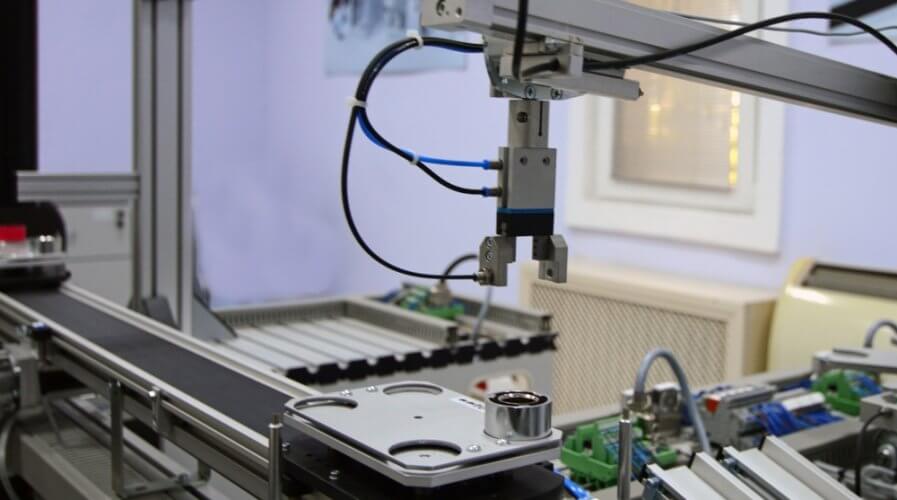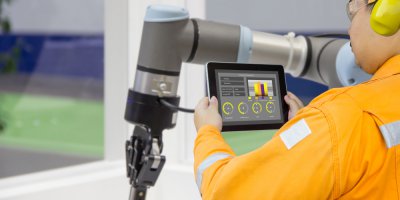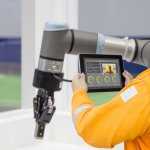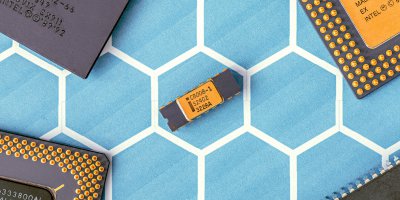
Tomorrow’s factories will be smart and connected. Source: Shutterstock
Why is everyone talking about IoT not IIoT?
EMERGING technologies are exciting, and new use cases fascinate people — however, the hype can only be sustained if solutions providers are ready with real-world use cases and ready to go to market immediately.
The divide between a technology that went mainstream and one that didn’t is quite distinct in the case of the internet of things (IoT) and it’s big brother, the industrial internet of things (IIoT).
The former, which found several applications in the home and office, has made life quite comfortable for technophiles. Built on the shoulder of consumer technology giants Google, Apple, and Amazon, the technology is still making headlines, with new devices entering the market every few weeks.
IIoT, on the other hand, is struggling at the moment. There aren’t enough use cases or large-scale deployments as yet to convince businesses to take the plunge.
In fact, those well versed with enterprise technology trends will tell you that a large majority of businesses are only planning to invest in big data, analytics, and artificial intelligence (AI) solutions in the next year or two — IIoT is not on their radar (for now).
Does that mean that IoT has no applications in the industry or that the theory of applying IoT to industrial processes is flawed? Not at all.
When will IIoT take off?
The truth is, some of the biggest names in the industry are already leveraging the technology in their businesses — gaining outsized returns in terms of cost savings and efficiencies.
Take Boeing for example. It’s developed an IIoT system called the automated identification technology (AIT). The aircraft manufacturing company has deployed AIT in more than 50 manufacturing sites and it says the solution has helped them save US$100 million in its first year.
The results from Boeing’s test were so impressive that BAE systems, the aerospace company, signed a contract earlier this year to roll-out the same system in their facilities — to standardize and automate it’s manufacturing operations.
There are similar stories and examples from some of the biggest industrial companies in the world, be it GE, Schneider, or even Bosch.
Research companies too are hopeful about the prospects of IIoT and forecast that the IIoT market will be worth US$933.62 billion by 2025.
It’s interesting to note that many of these early adopters are flexible with the term IoT and IIoT — it appears as though the term IIoT might die, but IoT will still make a big dent with industrial applications.
READ MORE
- Strategies for Democratizing GenAI
- The criticality of endpoint management in cybersecurity and operations
- Ethical AI: The renewed importance of safeguarding data and customer privacy in Generative AI applications
- How Japan balances AI-driven opportunities with cybersecurity needs
- Deploying SASE: Benchmarking your approach




